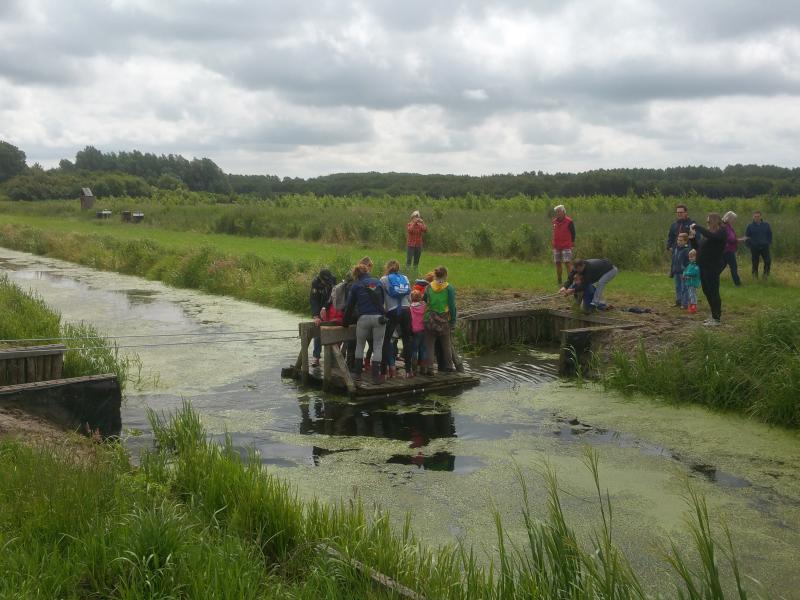
The UK should follow the Netherlands as an example of increasing public access to the countryside, according to a new report.
Encouraging the public to access the countryside was one of Michael Gove’s commitments in his New Year keynote speech.
He stated that support payments should move away from encouraging "production inefficiencies" and instead public money should be redirected for public good.
According to the report, the UK should follow the Netherlands as an example, who use voluntary agreements to provide flexible access.
This is according to Andrew Gillett, legal adviser for rural organisation the CLA. He recommends a new approach to public access to the countryside, but warns that changes should be voluntary and done in collaboration with farmers.
Change of attitude
“As far as access is concerned throughout England and Wales we first need to change our attitude, inflexibility and legislative framework to public rights of way in order to create a workable system,” Mr Gillett states.
Having recently completed a Nuffield Farming Scholarship, his report titled ‘A comparison of public access provisions and methods of mitigating impacts of public access on agriculture’ details the need for collaboration from Government, user groups and landowners.
“During my Nuffield Farming Scholarship, I travelled to Scotland, France, Ireland, the Netherlands and the USA to look at their approaches to public access.
“Following my visits, it struck me that our inflexible and expensive approach to public access is stifling our ability to offer permissive rights of way, which could enhance both landowners, and the general public’s, experience of the countryside.”
Collaborative approach
Using the Netherlands as a case study, Mr Gillett details how their voluntary agreements to provide flexible access resulted in a successful collaborative approach.
“The Netherlands have a payment mechanism in place for providing public goods in the form of permissive rights of way,” he explains.
“Under voluntary agreements landowners receive a payment per meter of access and local Government grants them an indemnity against any potential claims.”
He adds that these routes could be adapted with ease to suit the farm’s cropping or livestock commitments, a process that is nearly impossible under current English and Welsh laws.
“The process I witnessed in the Netherlands was inexpensive and amicable and if we could emulate the system in England and Wales including payments and an indemnity I strongly believe there is a case for innovation.”
Mr Gillett says he acknowledges that the current public access system is unnecessarily complex and calls on the Government to look at other countries that have solved the problems presented by the current laws and liability challenges.
